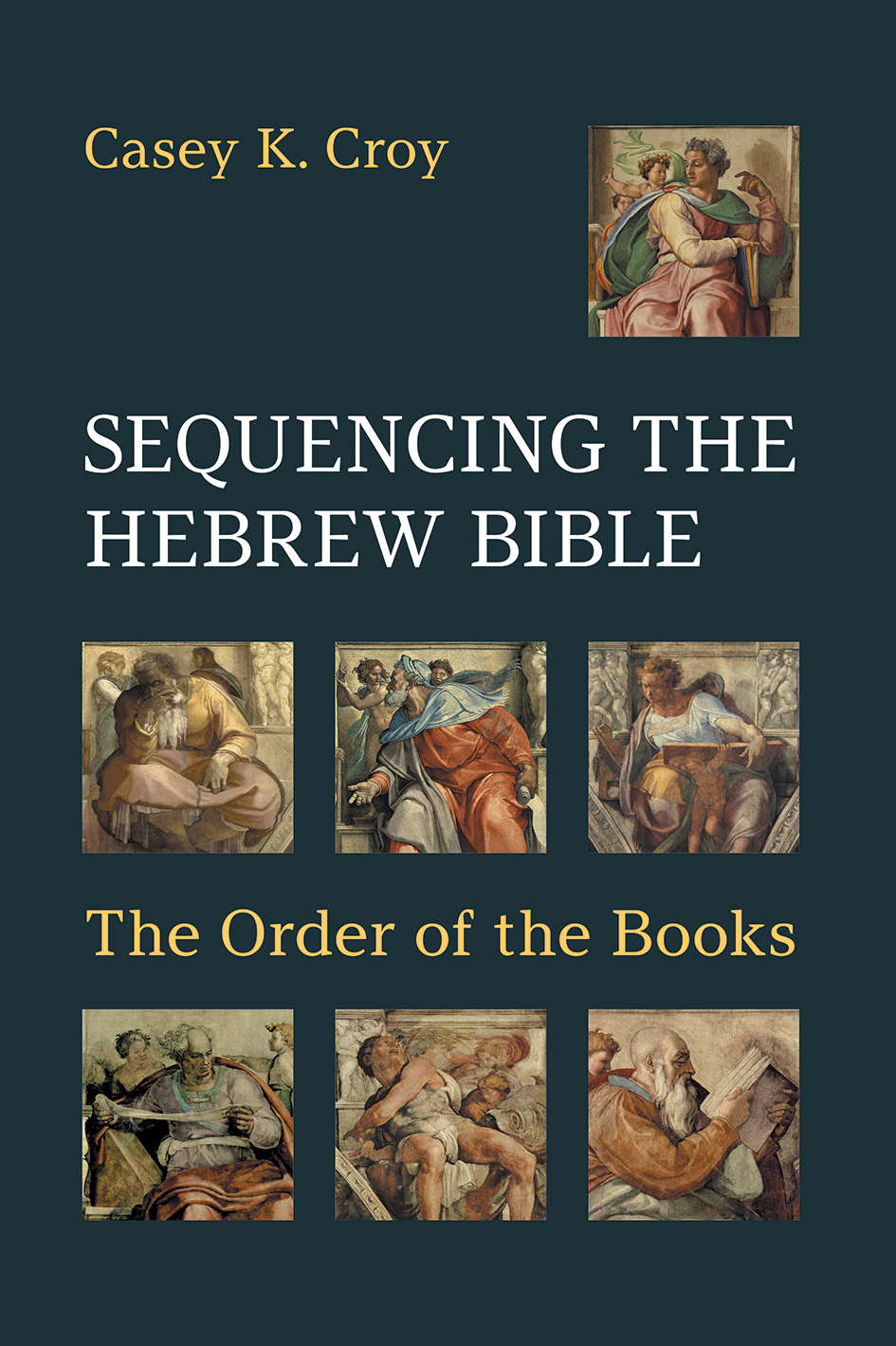Sequencing the Hebrew Bible: The Order of the Books
Published: July 2021
£55.00
If the order of the Hebrew Bible's books is significant, as many believe, why did differing arrangements of the Hebrew Bible emerge over time? This is a crucial question for Bible readers generally and especially for scholars of compilational criticism —the study of how the books of the Hebrew Bible were arranged in their various orders. Yet few compilational critics offer a solution to this problem and several fail even to recognize the issue. Sequencing the Hebrew Bible makes the novel proposal that multiple orders are part of the compositional intent of the framers of the Hebrew Bible. That is, those responsible for producing the final form of the Hebrew Bible's text created multiple ways in which its books could be meaningfully arranged. No single arrangement, as found in ancient manuscripts and lists of the books, can fully account for the compositional intent of these framers. The task of the compilational critic is to identify these arrangements, classify them, and evaluate the effect of these varying arrangements. This solution has implications both for the production of modern Bibles and for biblical theology. While some interested in compilational criticism argue that modern Bibles should be reorganized to reflect earlier arrangements of the biblical books, this study would suggest that such attempts would be limited in value. For only one of the several attested arrangements could be presented in any printed Bible. As for the idea of attempting to arrange the Bible chronologically, this study argues that to do so would inhibit the reader's understanding of the design of the biblical authors. Since biblical theology bridges the gap between historical-critical and theological studies, internal tensions between historical and theological analyses are often apparent within biblical theology. Compilational criticism helps to relieve these tensions by showing how theology underlies the formation of the Hebrew Bible.
Sequencing the Hebrew Bible: The Order of the Books
£55.00
If the order of the Hebrew Bible's books is significant, as many believe, why did differing arrangements of the Hebrew Bible emerge over time? This is a crucial question for Bible readers generally and especially for scholars of compilational criticism —the study of how the books of the Hebrew Bible were arranged in their various orders. Yet few compilational critics offer a solution to this problem and several fail even to recognize the issue. Sequencing the Hebrew Bible makes the novel proposal that multiple orders are part of the compositional intent of the framers of the Hebrew Bible. That is, those responsible for producing the final form of the Hebrew Bible's text created multiple ways in which its books could be meaningfully arranged. No single arrangement, as found in ancient manuscripts and lists of the books, can fully account for the compositional intent of these framers. The task of the compilational critic is to identify these arrangements, classify them, and evaluate the effect of these varying arrangements. This solution has implications both for the production of modern Bibles and for biblical theology. While some interested in compilational criticism argue that modern Bibles should be reorganized to reflect earlier arrangements of the biblical books, this study would suggest that such attempts would be limited in value. For only one of the several attested arrangements could be presented in any printed Bible. As for the idea of attempting to arrange the Bible chronologically, this study argues that to do so would inhibit the reader's understanding of the design of the biblical authors. Since biblical theology bridges the gap between historical-critical and theological studies, internal tensions between historical and theological analyses are often apparent within biblical theology. Compilational criticism helps to relieve these tensions by showing how theology underlies the formation of the Hebrew Bible.


